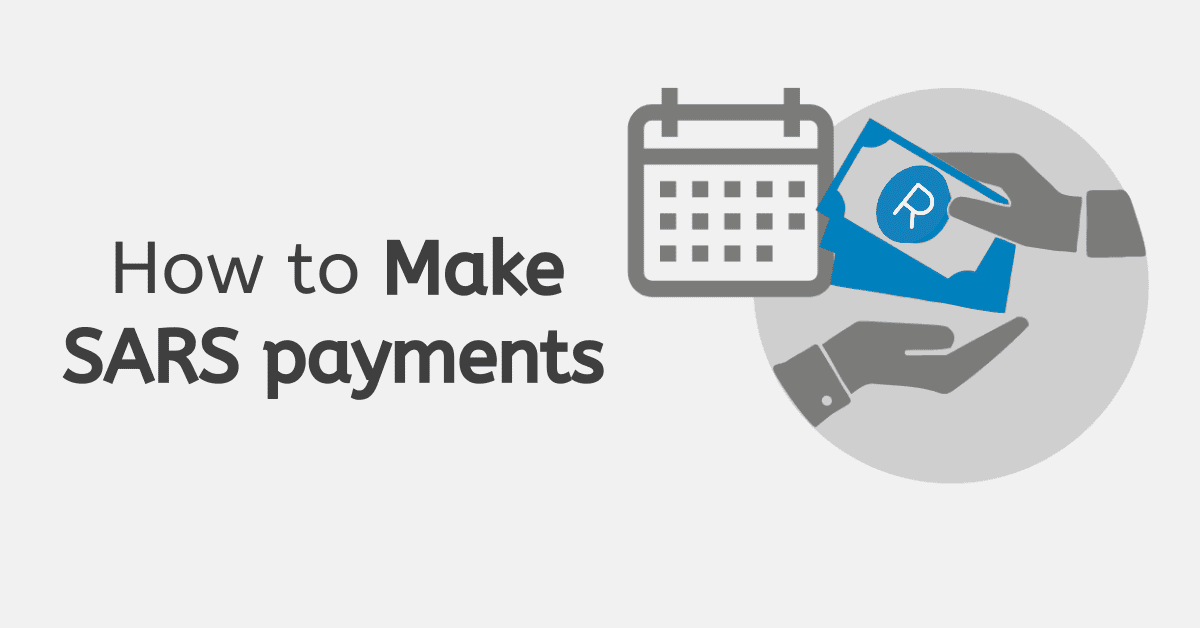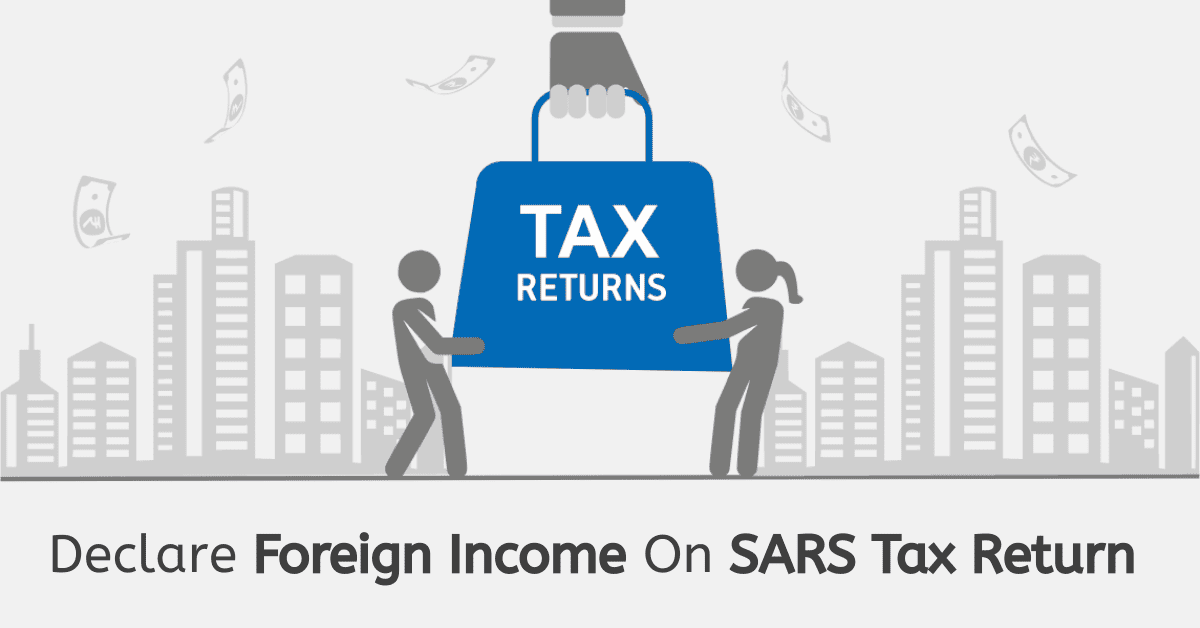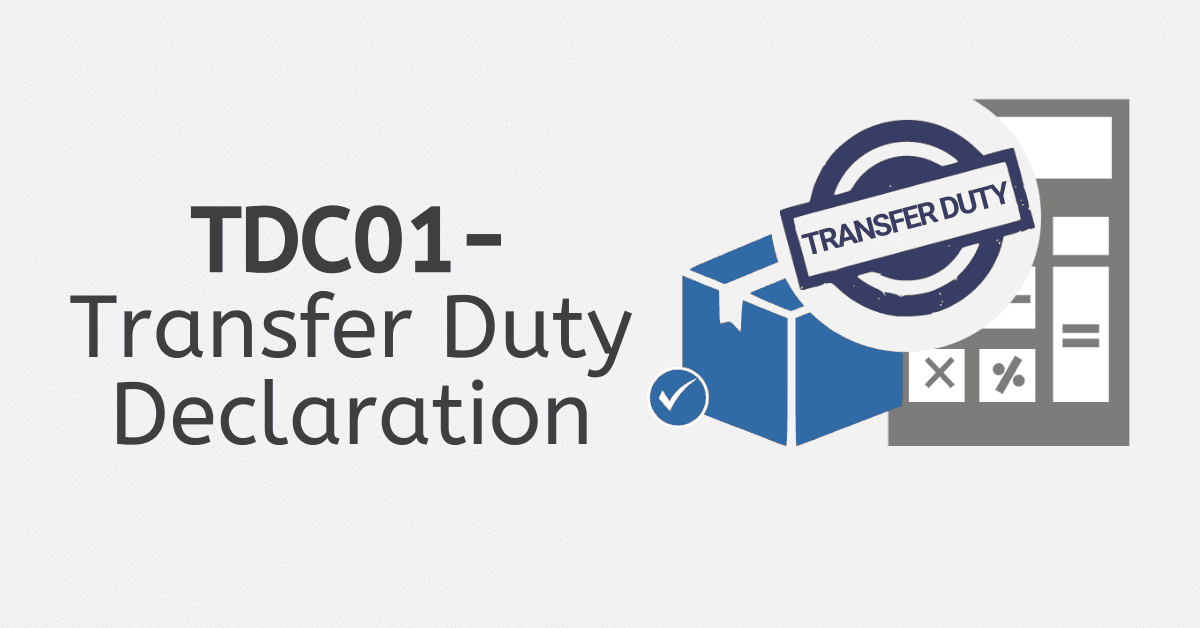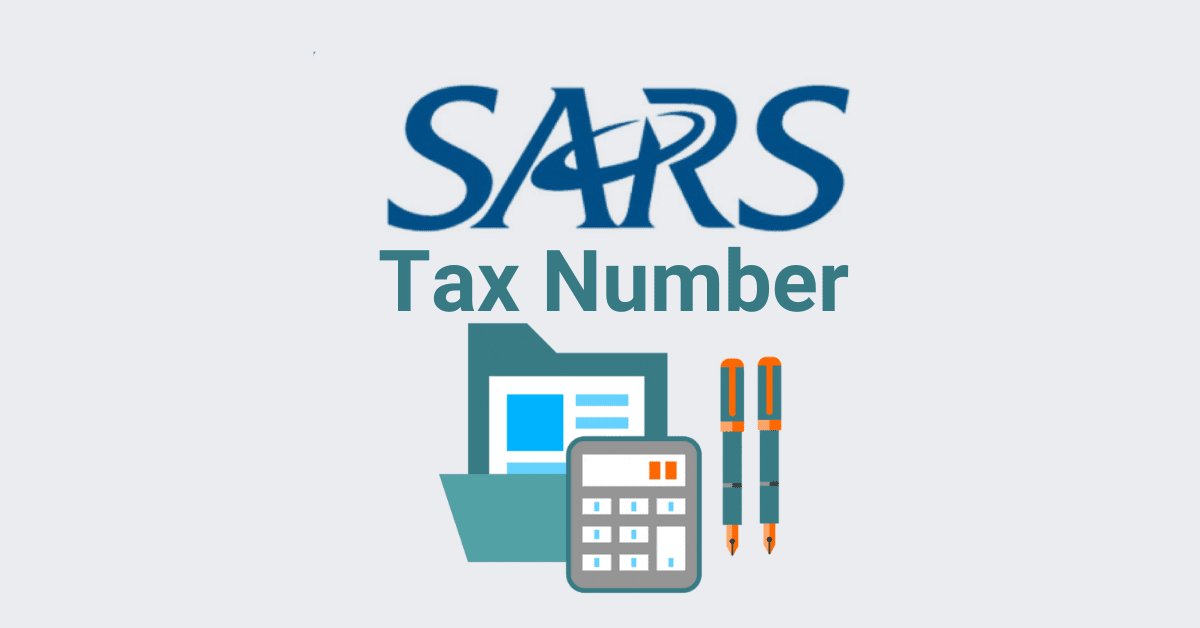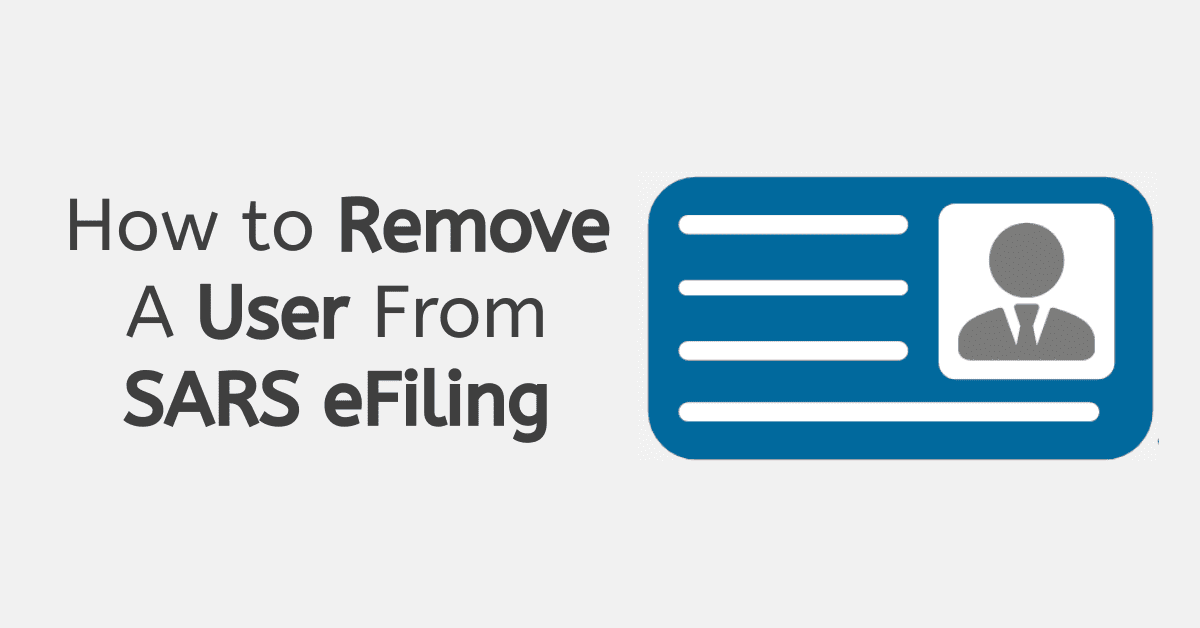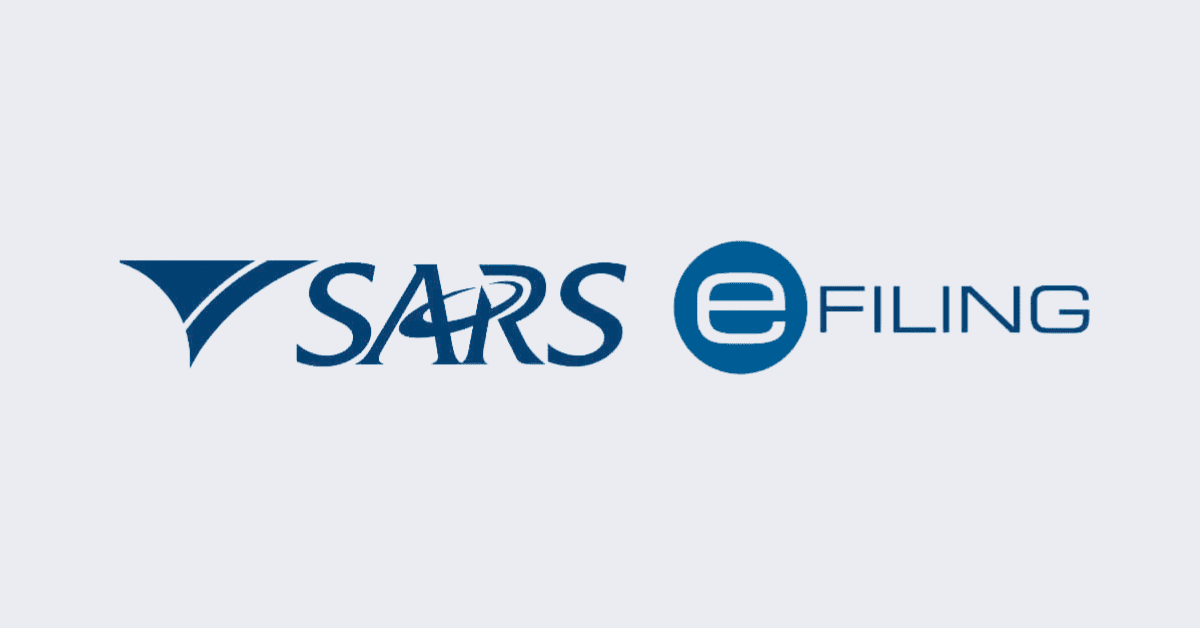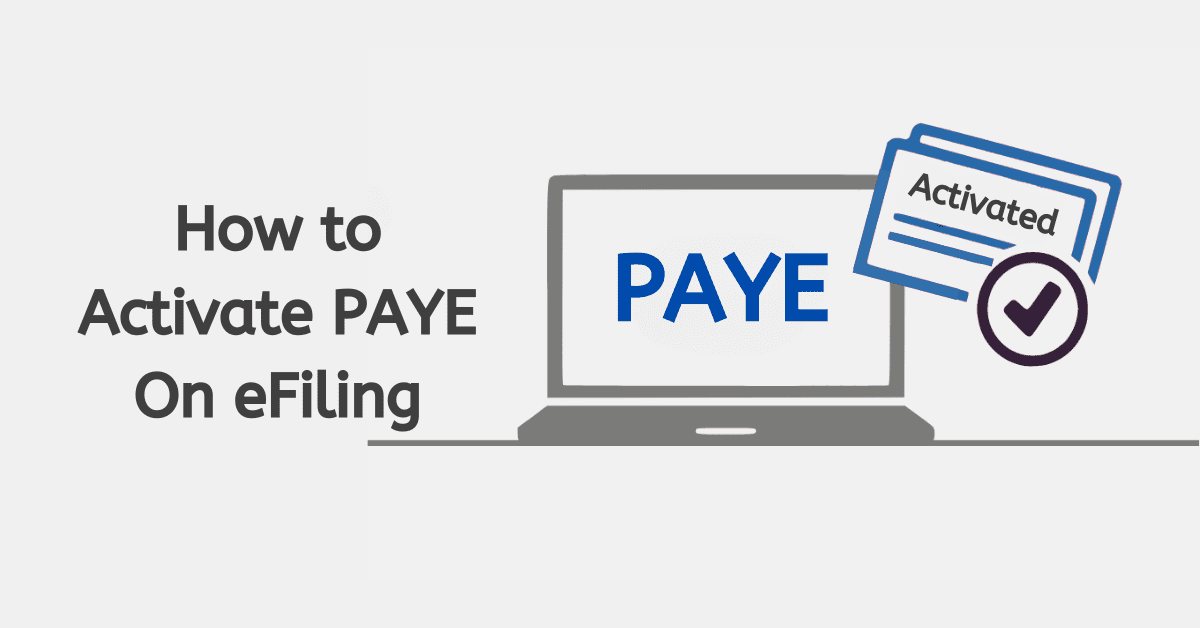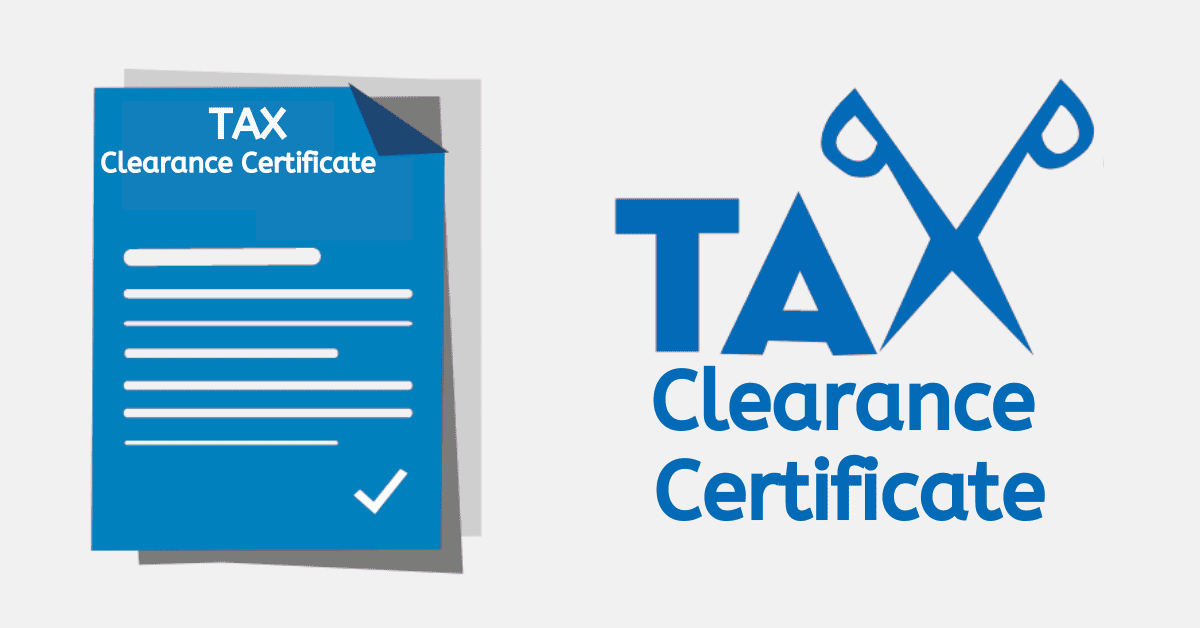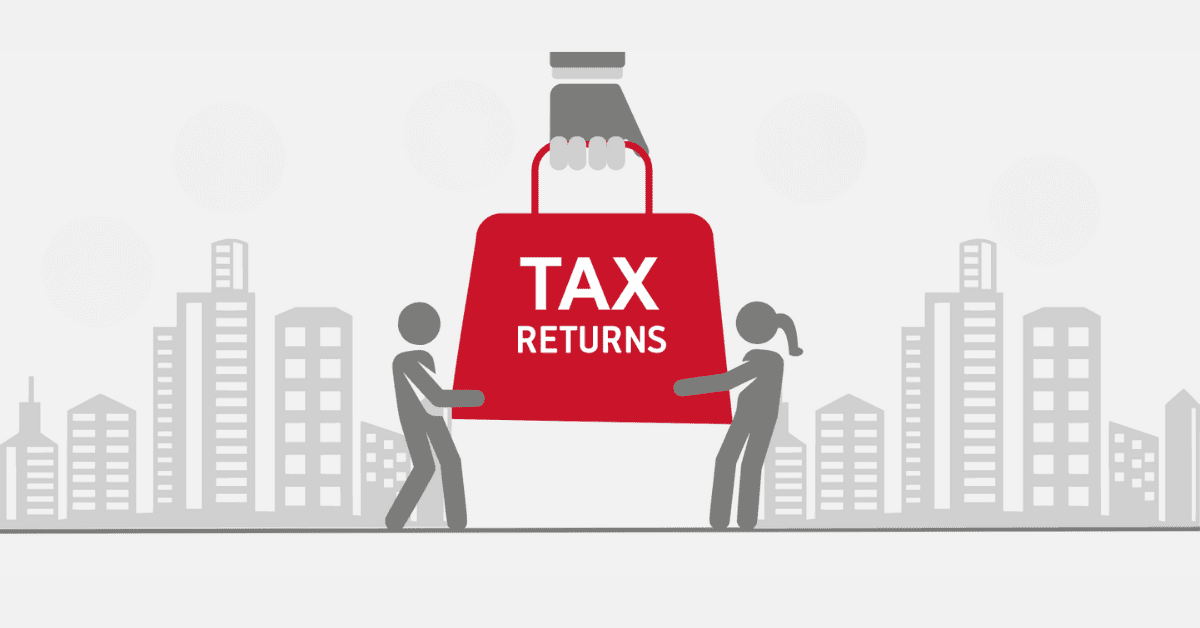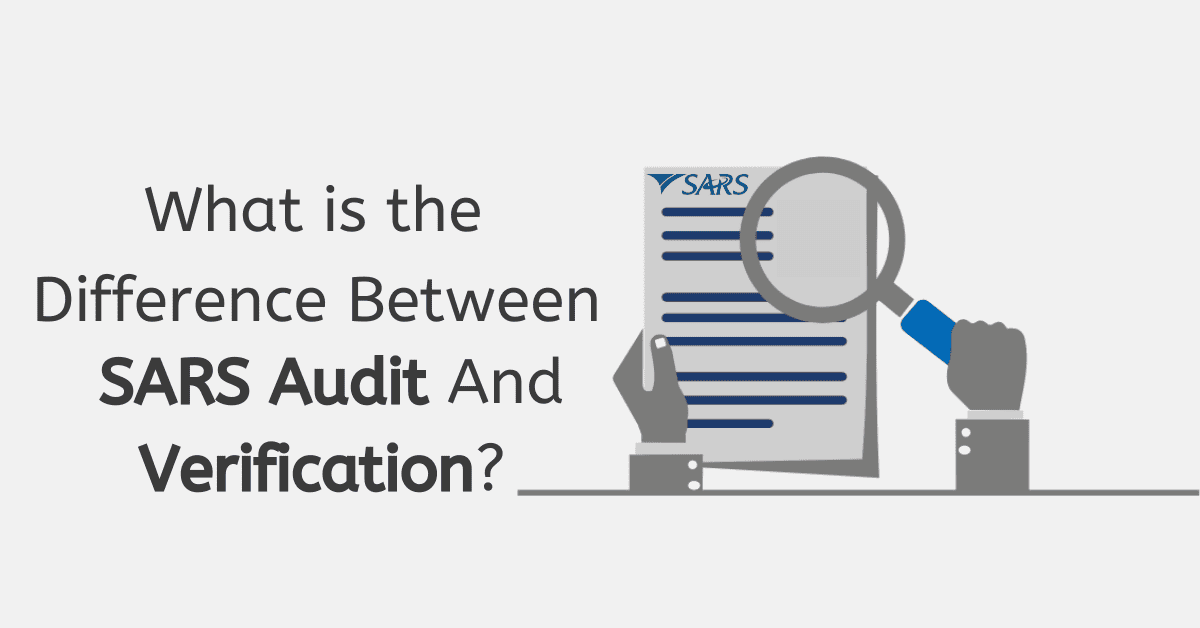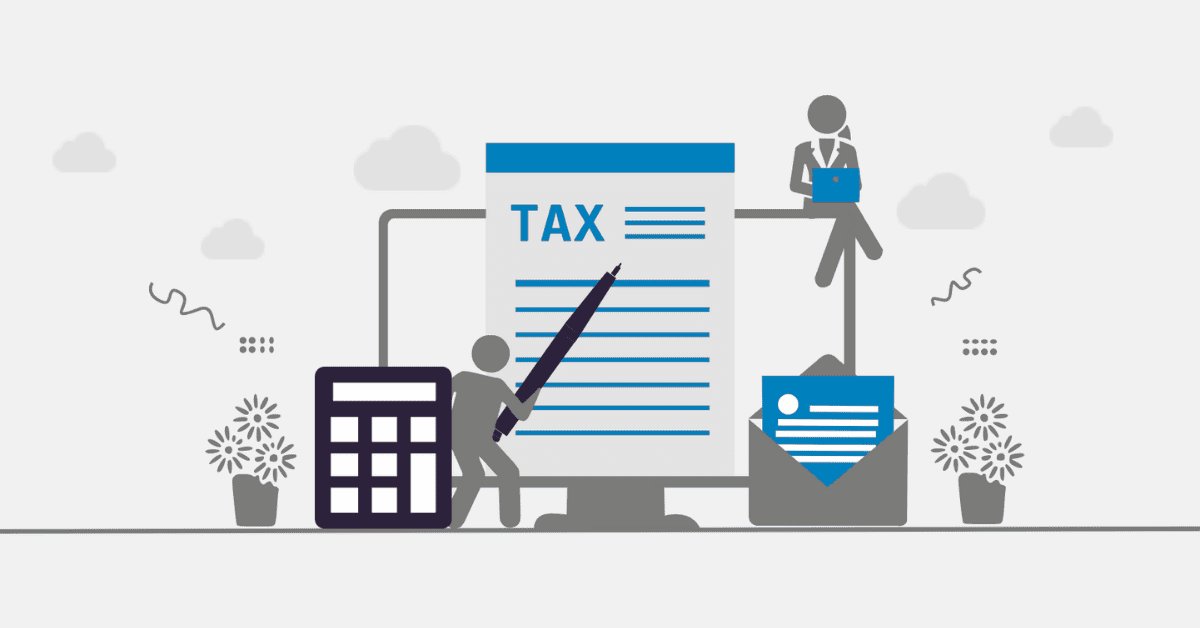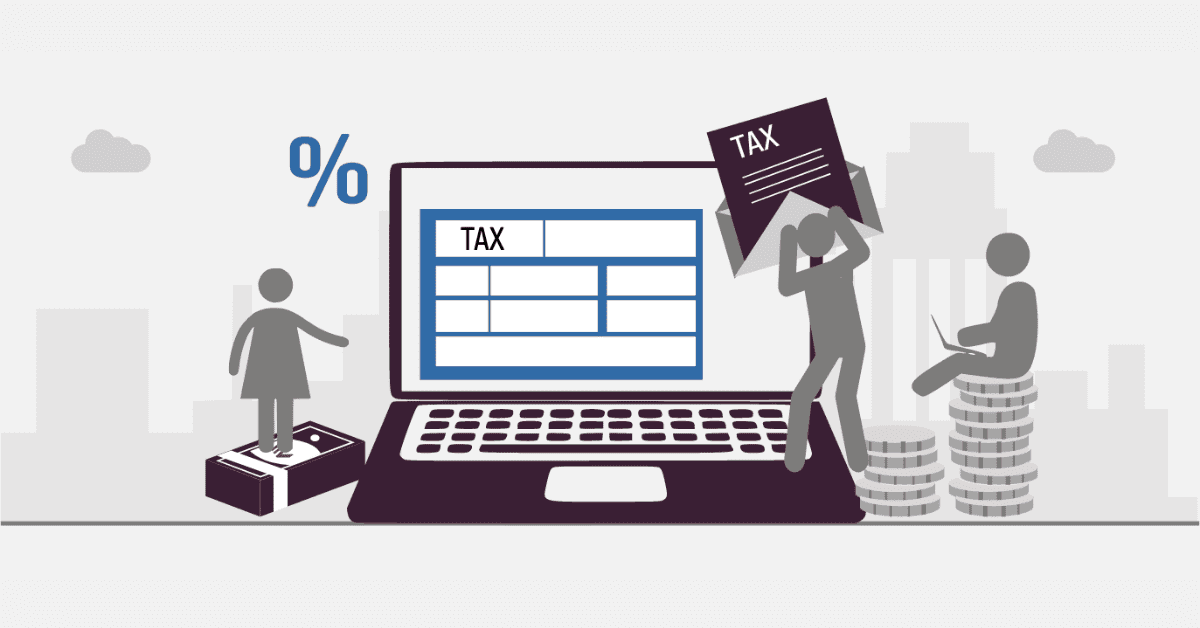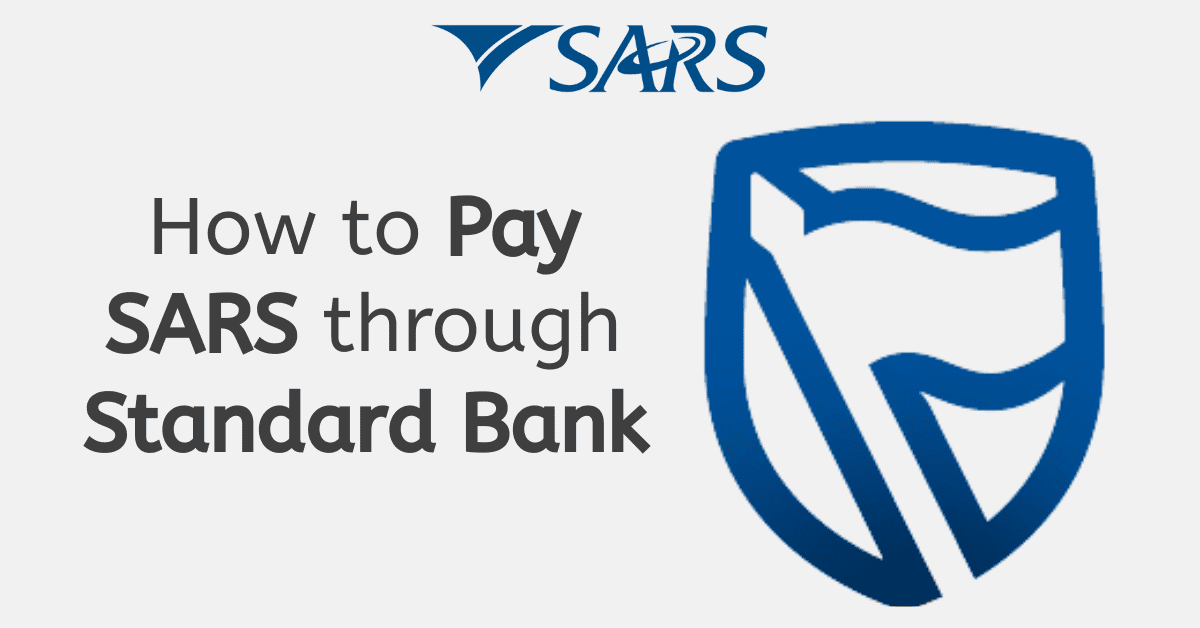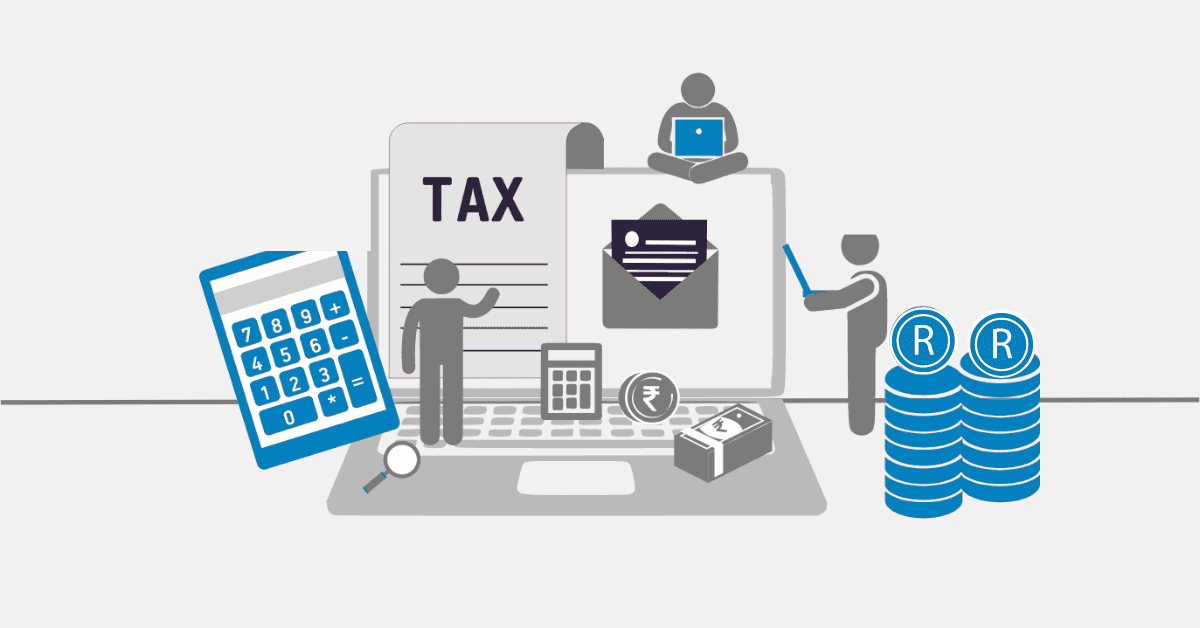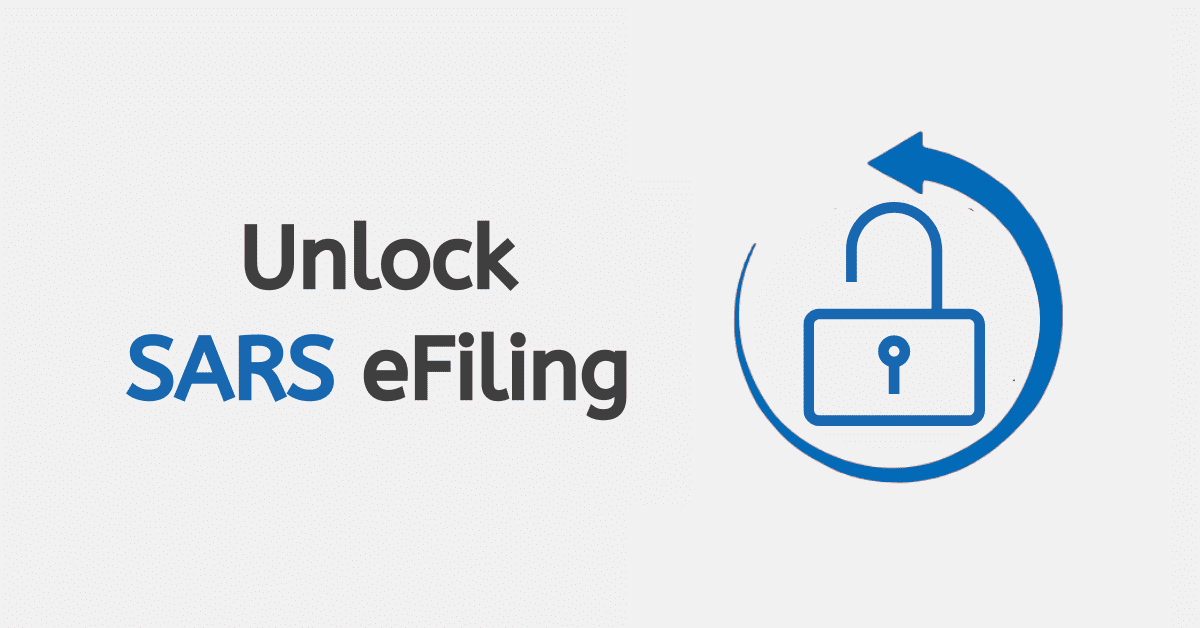There are mainly two types of value-added tax (VAT), also known as input and output tax in South Africa. In your VAT return, you will realize that input and output VAT are designed to cancel each other. The difference between these two is the VAT paid to the tax authorities. Read on to learn the difference between input and output tax in South Africa.
What Is the Difference Between Input and Output Tax in South Africa?
Input tax refers to the money a vendor can claim from SARS as their deduction, whereas output tax is the money levied on the provision of goods and services by the vendor. The vendor pays output tax to SARS. Input VAT is the VAT that is applied to a business when it purchases services and goods.
When the vendor is charged VAT or input tax for providing taxable supplies, they will be able to claim it. The vendor should be registered for VAT to be able to claim a deduction from SARS. If the company involved is not VAT registered where the taxable transaction takes place, certain things need to be considered to determine if it is eligible for an input VAT refund.
Output tax is the VAT your business will charge to customers on the sales of different products and goods. Whether the customer is an individual or a company, output VAT should be charged. However, local rules may prohibit this VAT on particular goods and services.
What Is Output Tax in South Africa?
Output VAT refers to the revenue raised by vendors on behalf of the government. The traders should be registered for VAT to be able to charge output tax on the supplies of services and goods they make to different clients. VAT only applies to taxable supplies made, and it is charged at the standard rate of 15% or zero rate, which is 0% implying that a product or service is exempt from VAT. However, there are few goods and services that are exempted from VAT.
What Is Input Tax in South Africa?
The value-added tax that is incurred by the vendor during the importation of goods and services is known as input tax. The trader can claim this VAT, but they need to understand the rules that guide the functions of this tax and when it can be claimed. Only the correct amount of VAT must be claimed. When you claim this VAT, be sure you do the right thing to avoid penalties.
Do You Pay Input or Output VAT to SARS?
Output VAT is paid to the government via SARS. The vendor must be registered for VAT, and they should apply it on all taxable supplies conducted at the rate of 15%. Some goods and services, although limited are exempt from VAT. If you are a trader, you need to check the goods and services that are not subject to VAT.
In contrast, when the vendor is charged VAT or input tax when they procure taxable supplies, they are entitled to claim a deduction. If a vendor makes a supply to a business without VAT registration, they may or may not be able to claim a deduction depending on the circumstances surrounding the transaction.
Credit deductions can be made from VAT that has already been made in past stages of the production and distribution chain. VAT is applied at all stages of production and distribution.
What Happens if Input Tax Is More Than Output VAT?
You are eligible to get repayment from the government through SARS if your company has more input tax than output VAT. When your purchases are more than sales, you are likely to get this result, which causes higher input. In such a situation, you will be entitled to get a refund because your business will be in a credit position. If you don’t get a refund, your credit might be carried forward to the next VAT return until the credit amount is used.
In rare occasions, your output VAT and input VAT may be equal, meaning that there has been no business recorded. Thus, there would be no VAT to talk about. As noted already, this scenario is highly uncommon. If you record zero business for an extended time, then your company might be in a big problem.
How Is Output VAT Calculated in South Africa?
Output VAT is paid to the government via SARS, and it is calculated at the rate of 15%. This applies to various goods and services. Once your business reaches a turnover of R1 million, you need to register it for VAT with SARS to ensure that you are compliant with the regulations. VAT is applied to all taxable supplies. However, some goods and services are exempt from VAT.
All businesses with a turnover of R1 million or more must register for Value Added Tax (VAT). Vendors are entitled to claim a repayment if their input tax is higher than the output tax. To avoid penalties, you should ensure that you pay your VAT on time to SARS. Non-compliance in your tax matters is bad for your business.
